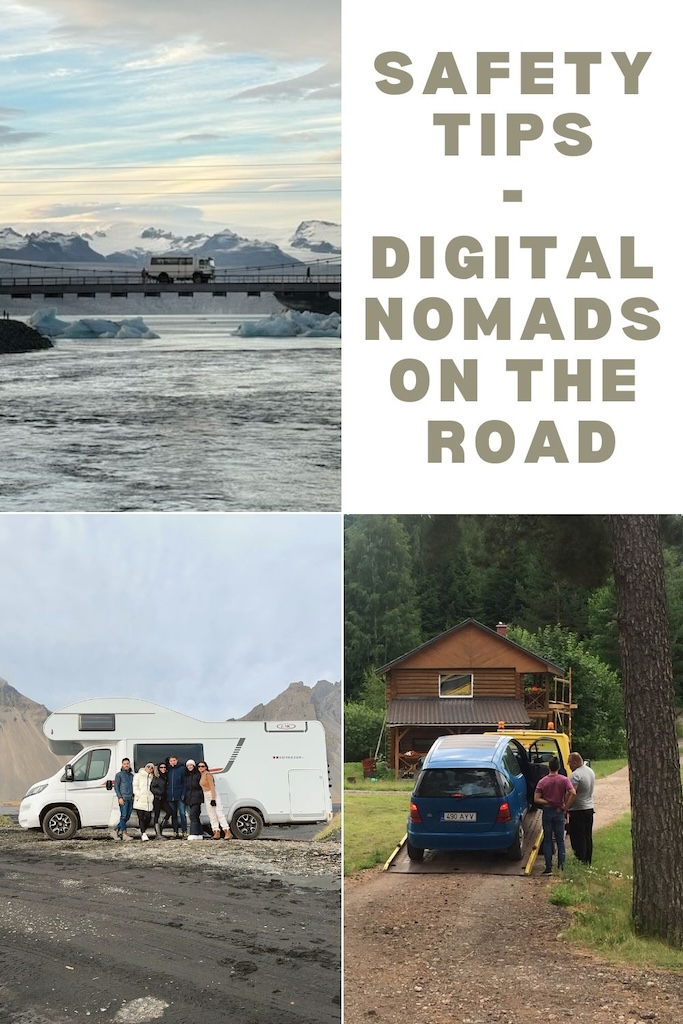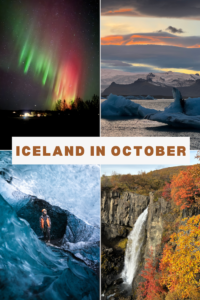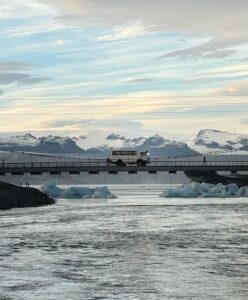
More people are choosing to live and work on the road, turning vans and RVs into mobile homes and offices.
Digital nomadism is a lifestyle where people work remotely while living and traveling in different, often cheaper countries.
According to Harvard Business Review, over 17 million Americans identified as digital nomads, a 131% increase since 2019.
As this trend grows, so does the need for practical safety awareness. Long-term travel offers freedom, but it also brings real risks, especially when crossing unfamiliar roads, towns, and weather conditions.
This guide covers everything a road-tripping nomad needs to stay safe and aware while exploring roads.
Vehicle Maintenance Basics for Safe Travel
Regular maintenance is the first line of defense against unexpected trouble on the road.
For digital nomads and long-distance travelers, keeping a vehicle in top shape is essential for safety and peace of mind. Each part of the vehicle, from the tires to the lights, plays a role in keeping the journey smooth and safe.
Tire pressure
Tire pressure should be checked at least once a week while on the road. Under-inflated tires reduce fuel efficiency and increase the risk of blowouts.
According to the National Highway Traffic Safety Administration, tire-related crashes caused 646 fatalities in the U.S. in 2023. Proper tire pressure helps maintain control when driving in rough or wet conditions.
Oil and fluid levels
Oil and fluid levels should be monitored closely. The oil keeps the engine running smoothly and prevents it from overheating. Brake fluid, transmission fluid, and coolant are equally important for system function.
According to AAA, flat tires, empty fuel tanks, and dead batteries make up the majority of roadside assistance calls in the U.S. These are all issues that can be reduced through simple preventive maintenance.
Before each drive
Quick, consistent vehicle checks can prevent larger issues later. Before each drive, take a few minutes to walk around your vehicle. Look for visible damage, check tire wear, and inspect fluid leaks underneath.
Top off windshield washer fluid and keep an emergency kit with jumper cables, a tire inflator, and a pressure gauge.
Emergency Preparedness
Essentials to Keep in Your Car
Being prepared for emergencies is critical for anyone traveling long distances on the road. You should keep a kit that includes a first aid kit with bandages, antiseptic wipes, pain relievers, and any personal medications.
Add a flashlight with extra batteries, jumper cables, bottled water, and at least three days’ worth of non-perishable food. Portable power banks, thermal blankets, and a multipurpose tool can also be lifesavers in specific situations.
Real-Time Weather Alerts
Weather changes can happen fast. Having access to real-time updates through apps helps travelers avoid storms, floods, and other dangerous road conditions.
According to the U.S. Department of Transportation, weather-related vehicle crashes account for nearly 1,235,000 crashes annually. Therefore, staying informed is an important part of staying safe.
Plan for the Unexpected
Clear plans are just as important as the tools you carry. Know what steps to take if your vehicle breaks down, if you’re involved in a crash, or if you’re stranded.
Save the contact information for roadside assistance, and make sure your GPS works offline when possible. It also helps to let someone back home know your general route and expected stops.
Stay Legally Protected
Unfortunately, accidents can still happen despite the best preparation. When such incidents happen, having access to a local legal expert becomes vital, especially in unfamiliar states.
For example, if you’re traveling through Northwest Arkansas and experience a collision, a Rogers car accident lawyer can help guide you through the next steps.
Legal assistance can protect your rights and ensure you’re not taken advantage of while recovering from the incident. Knowing where to turn for help should be part of every nomad’s emergency strategy.
Being prepared builds confidence and allows travelers to focus on the journey instead of the unknowns.
Safe Overnight Parking
Choosing where to park overnight is one of the most important safety decisions a road traveler can make. Staying in unsafe or unauthorized areas can expose both the traveler and their vehicle to theft, vandalism, or even legal trouble.
The National Safety Council highlights that parking lots see tens of thousands of accidents annually. These crashes result in hundreds of deaths and thousands of injuries.
Parking lots become even riskier during the holidays, when crash-related insurance claims spike. The majority of these parking lot crashes are due to the driver’s distraction.
To avoid becoming part of an accident, always choose safe, legal spots for parking. Secured truck stops offer a reliable option. These locations are built for long-haul drivers and often have cameras, lighting, and on-site staff. Rest areas along major highways also provide overnight options, especially those patrolled by state police.
For longer stays, RV parks and designated campgrounds offer electricity, sanitation, and a safe environment.
Avoid parking on city streets, in isolated lots, or areas with poor lighting. Many municipalities have laws against overnight parking in undesignated zones, and violators may be fined or towed.
FAQs
What is the negative impact of being a digital nomad?
Being a digital nomad can lead to isolation, a lack of routine, and difficulty maintaining long-term relationships. Constant travel may also disrupt work-life balance, affect mental health, and cause burnout. Additionally, navigating visas, taxes, and healthcare abroad can be complex and stressful.
What is the difference between a nomad and a traveler?
A nomad moves frequently and often lives a location-independent lifestyle, sometimes for work or long-term living. A traveler typically explores destinations for leisure or short-term experiences. While both are mobile, nomads seek a lifestyle, whereas travelers seek temporary adventure or exploration.
Is living like a digital nomad expensive?
Living as a digital nomad can be affordable or expensive, depending on lifestyle choices and destinations. Some opt for low-cost countries and budget travel, while others spend more on comfort and frequent moves. Costs vary widely based on accommodation, transportation, and work needs.
Final Words…
Staying safe on the road isn’t about luck—it’s about preparation. Every choice made before and during a road trip has an impact. Being proactive while traveling can mean the difference between a trip cut short and one filled with unforgettable experiences.
Stay ready, stay safe, and enjoy the freedom that life on the road has to offer!







